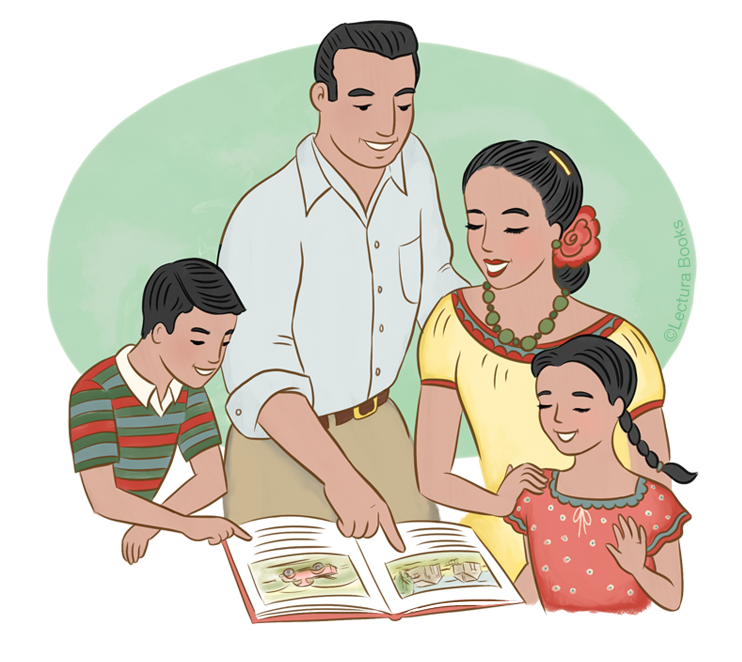Foundations of Family Literacy with Adult Learners
An important element in the foundations of family literacy with adult learners is understanding their needs. Research suggests that the most effective programs are those that meet the needs of the children, parents and any other caregivers, such as grandparents.
The Hamilton Literacy Council states that parents whose native language isn’t English will often worry that their English isn’t good enough to assist their children in school. However, they can be reassured that speaking to their kids in their first language is critical in literacy development. In fact, English as a foreign language develops best with a solid native language acquisition.

Parents who find it challenging to read and speak English will also, most likely, find it difficult to communicate with teachers in English, help with homework and be involved in other aspects of a child’s schooling. As a result, many English Language Learners (ELLs) end up having to make their way through school on their own. As such, foundations of family literacy should include, according to the Goodling Institute, a family literacy organization, strategies to help parents better understand the education system while also developing their own and their children’s literacy abilities.
In a study of one family literacy program by the Harvard Family Research Project, parents extended their own literacy skills while also learning ways to support their kids. The method was by having parents take classes in the morning or evening to read books and magazines that they found interesting, learn ways to share books with their children and then share their experiences with teachers, friends and other family members.
The foundations of family literacy are rooted in a substantial amount of research based on several disciplines such as child development, emergent literacy and adult literacy. The overwhelming consensus is that family literacy programs do work and everyone benefits from the child, to the adult learners in the family, other family members and society-at-large. Finding educational programs that support ELL students’ first language, such as The Latino Family Literacy Project, can make an enormous difference on their academic and language acquisition success.
